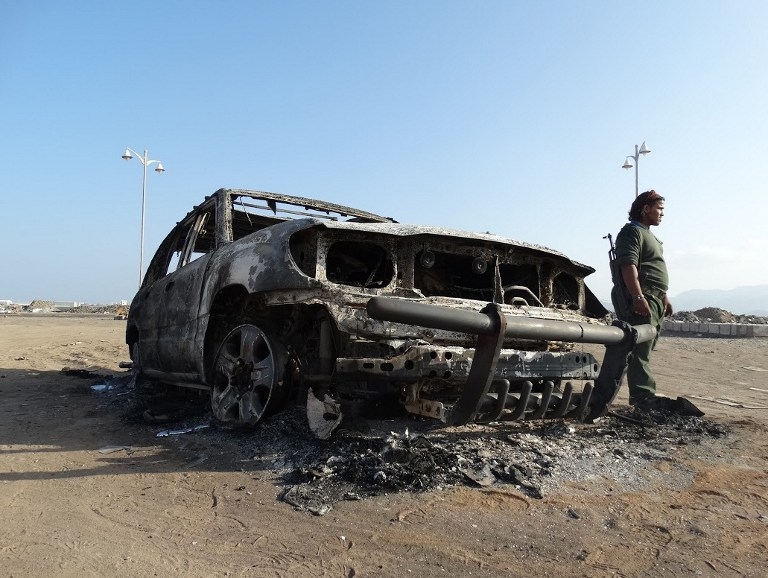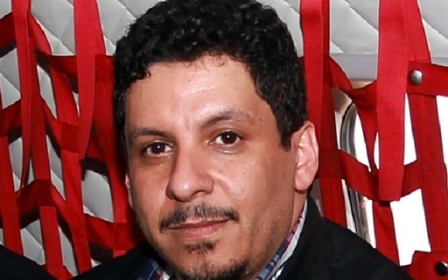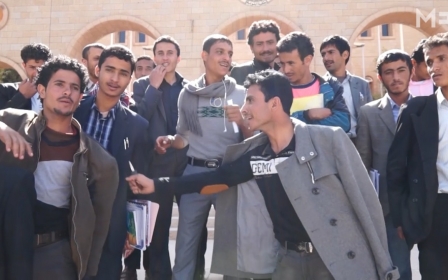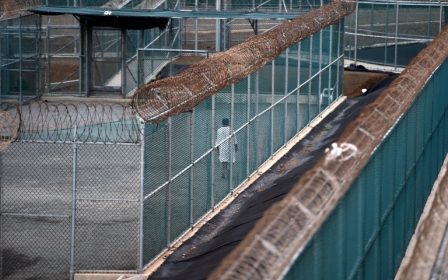Yemen arrests 2 French al-Qaeda suspects: officials

Yemen has detained two Frenchmen for questioning over suspected links to al-Qaeda, a top security official said on Saturday.
"During the past two days, two French nationals accused of belonging to al-Qaeda have been arrested," said national security service chief General Mohammed al-Ahmadi.
Al-Qaeda in the Arabian Peninsula (AQAP) claimed responsibility for the 7 January assault on French satirical weekly Charlie Hebdo in which two Frenchmen killed 12 people.
The perpetrators, brothers Said and Cherif Kouachi, are known to have trained with al-Qaeda in Yemen, which was formed in 2009 after a merger between militants there and Saudi Arabia.
"There are around 1,000 al-Qaeda militants in Yemen from 11 Arab and non-Arab countries," Ahmadi told reporters in Sanaa.
Washington regards the Yemen-based franchise as the network's most dangerous branch and has carried out a sustained drone war against its leaders.
AQAP said the orders to carry out last week's attack had come from the very top of the group's global network - Ayman al-Zawahiri, the Egyptian doctor who succeeded Al-Qaeda founder Osama bin Laden after his death in 2011.
Cherif Kouachi told French media before he was killed by police that a trip he made to Yemen the same year was financed by Anwar al-Awlaki, a US-Yemeni cleric killed by a US drone strike in 2011.
AQAP has a record of launching attacks far from its base, including a bid to blow up a US airliner over Michigan on Christmas Day in 2009.
It recently called on its supporters to carry out attacks in France, which is part of a US-led coalition conducting air strikes against militants from the Islamic State group in Iraq and Syria.
AQAP's English-language propaganda magazine Inspire has urged miltants to wage "lone wolf" attacks abroad.
AQAP took advantage of an uprising in 2011 against now-ousted president Ali Abdullah Saleh and seized large swathes of territory across southern Yemen, although most of its militants later fled to the east.
Middle East Eye propose une couverture et une analyse indépendantes et incomparables du Moyen-Orient, de l’Afrique du Nord et d’autres régions du monde. Pour en savoir plus sur la reprise de ce contenu et les frais qui s’appliquent, veuillez remplir ce formulaire [en anglais]. Pour en savoir plus sur MEE, cliquez ici [en anglais].




